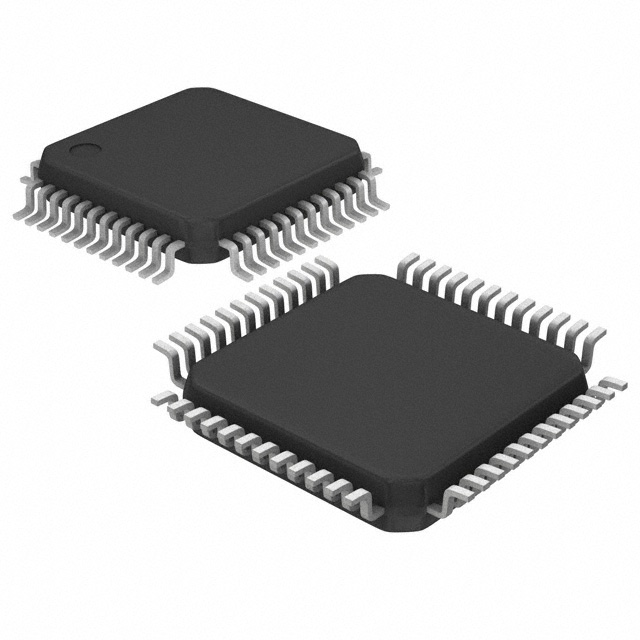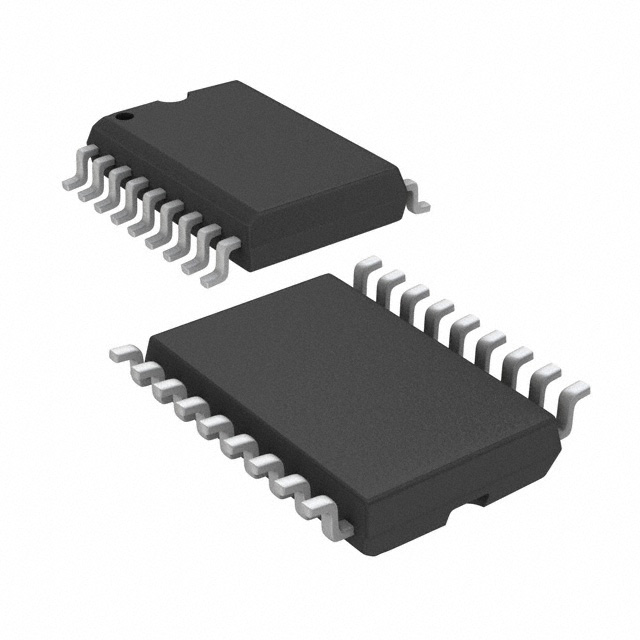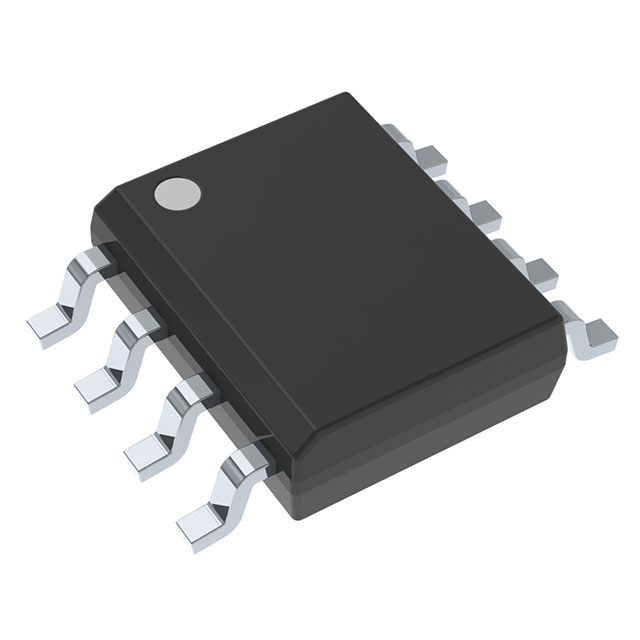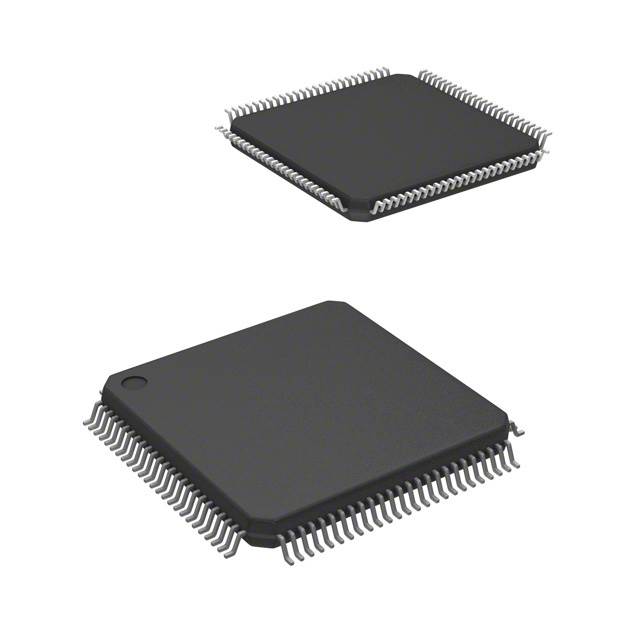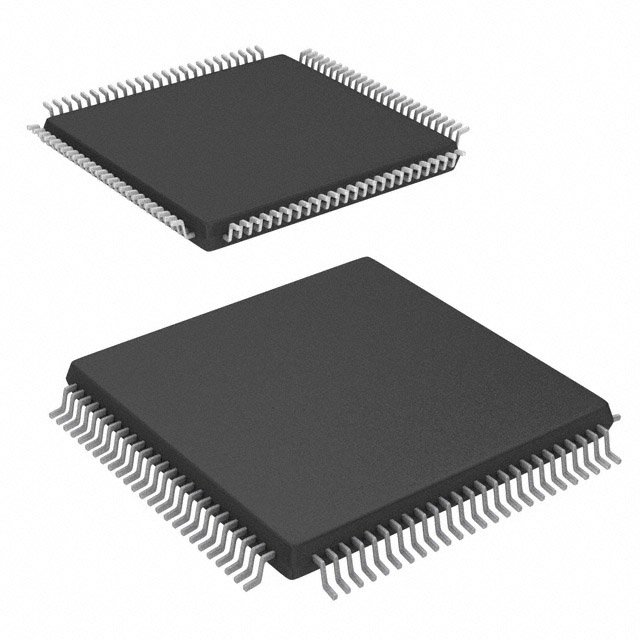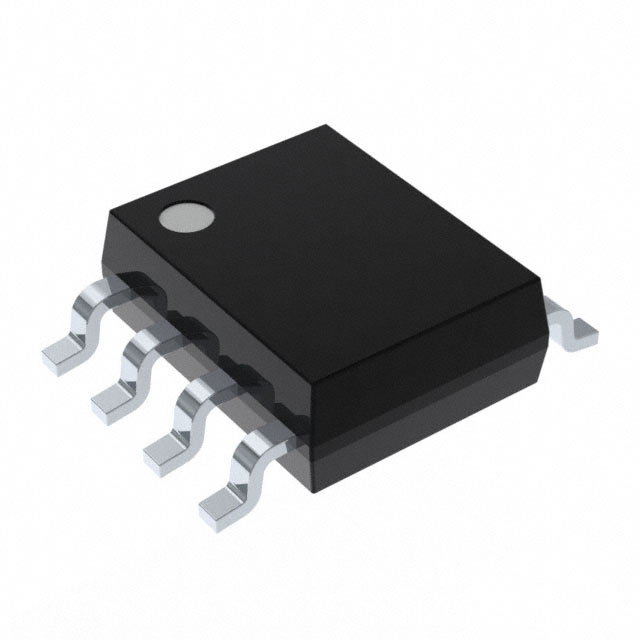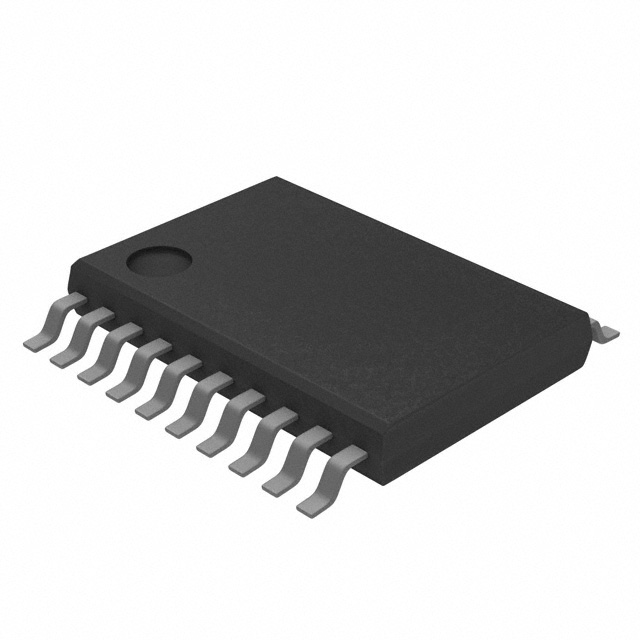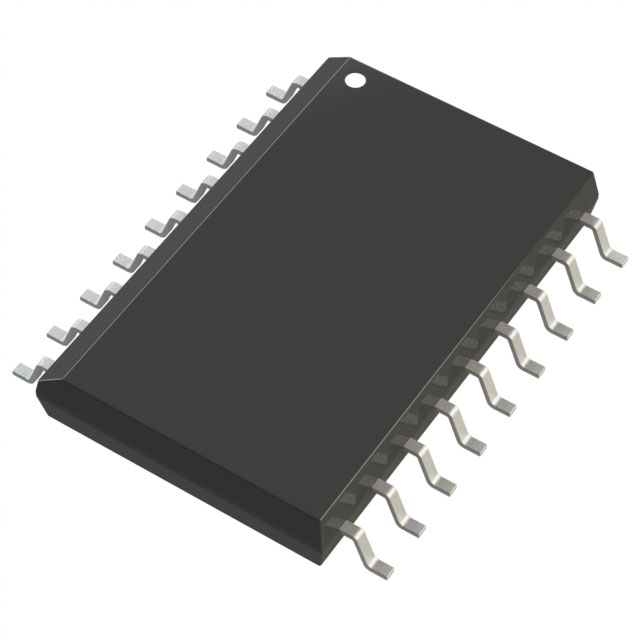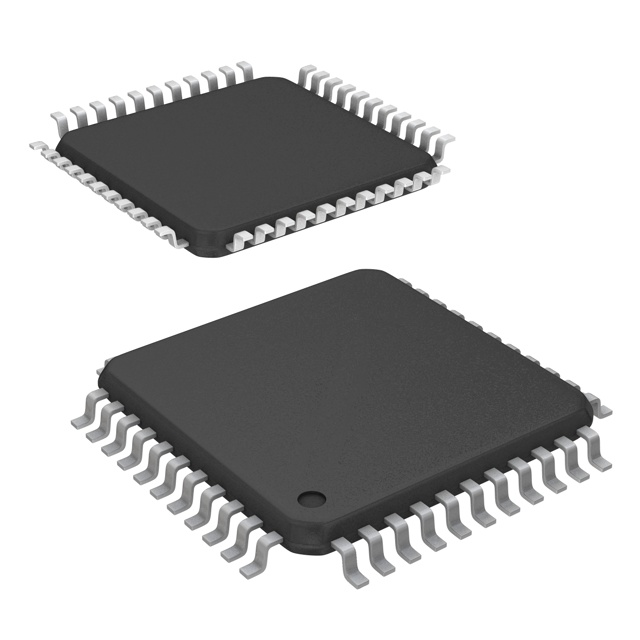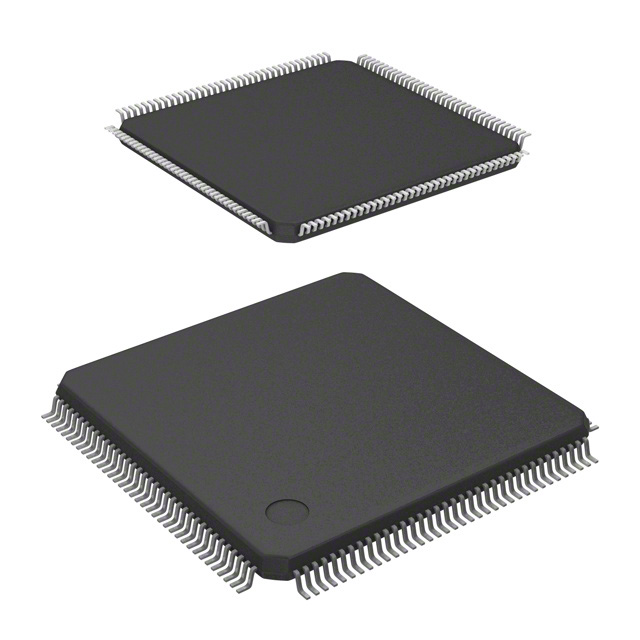

A Comprehensive Guide to Bullet Connectors: Selection, Use, and Application Scenarios
Catalog
What Are Bullet connectors?Types of Bullet Connectors Advantages of Using Bullet ConnectorsCommon Applications of Bullet ConnectorsHow Bullet Connectors WorkFAQ About Bullet Connectors ConclusionBullet connectors are a popular choice for their ease of connection and reliable performance in a wide variety of electrical wiring projects. You'll find them in automobiles, electric vehicles, and home audio systems, where they provide an efficient connection solution. In this article, we'll take an in-depth look at the types of Bullet Connectors, how to use them, and application scenarios to help you find the right product.
What Are Bullet connectors?
Bullet connectors, often referred to as barrel connectors, are distinguished by their bullet-shaped design, particularly the male connector. Each bullet connector set consists of two components: a male and a female connector. The male connector is shaped like a bullet, which is where the name "bullet connectors" comes from.
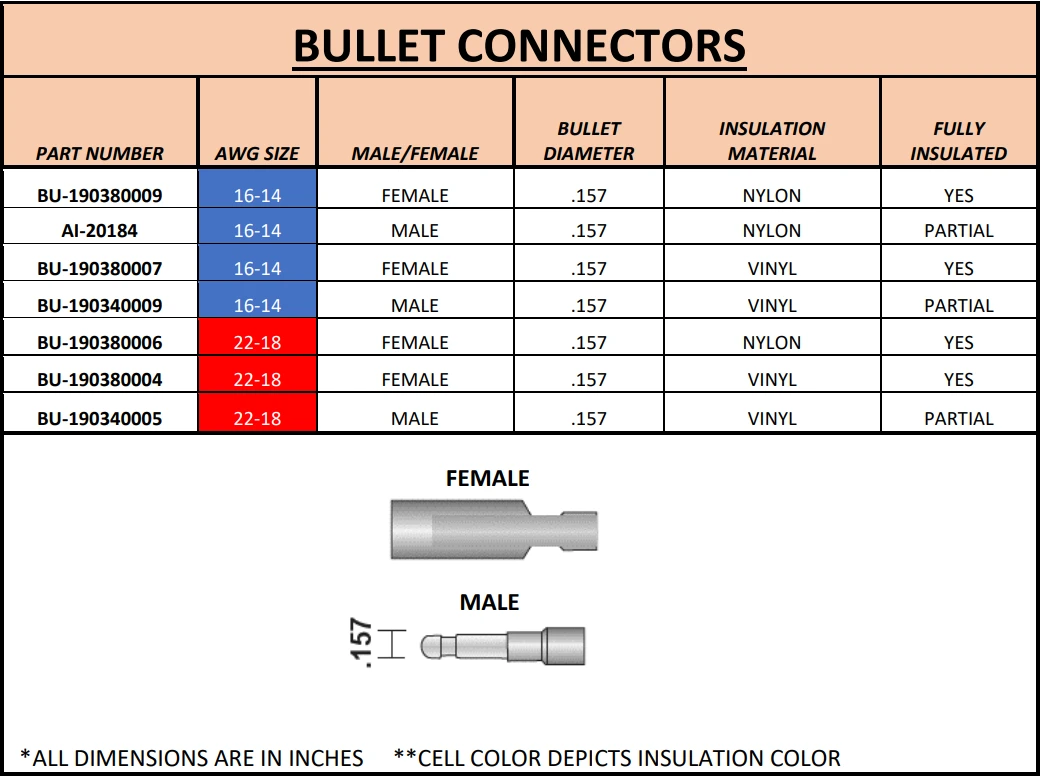
Types of Bullet Connectors
There are several types of bullet connectors, each suited to specific applications:
- Crimp Bullet Connectors: Commonly used in automotive and electronics projects, these connectors require a crimping tool for secure attachment.
- Insulated Bullet Connectors: Feature a protective coating to prevent short circuits, ideal for high-vibration environments.
- Marine-Grade Bullet Connectors: Corrosion-resistant connectors designed for harsh, moisture-prone environments.
Advantages of Using Bullet Connectors
Bullet connectors offer several benefits, including:
- Ease of Installation: The plug-and-socket design makes connecting and disconnecting wires straightforward.
- Versatility: Available in a range of sizes and materials for different electrical needs.
- Reliability: Provide strong, durable connections that resist loosening, even in high-vibration conditions.
Bullet connectors, unlike many other connector types, are not permanent. They allow for temporary connections between two wires, making it easy to disconnect by simply pulling the male connector out of the female one. Reconnecting is just as simple—plug the male connector back into the female counterpart.
These connectors are ideal for use in confined or narrow spaces, as they don’t require much room. They are also easy to connect and disconnect in tight areas.
Bullet connectors offer great reliability. As long as the male connector is fully inserted into the female one, you can be confident that the connection will remain secure and will not disconnect on its own.
Common Applications of Bullet Connectors
Bullet connectors are frequently used in:
- Automotive Wiring: Ideal for quick disconnections in car repairs or modifications.
- DIY Electronics: Perfect for hobbyists looking to experiment with various configurations.
- Marine Applications: Durable and corrosion-resistant options are available for boats and watercraft.
How Bullet Connectors Work
Bullet connectors are designed to connect two wires by using a male and female connector. Each connector has a hollow end, with the inner wall typically made of a conductive material, most commonly copper.
To use bullet connectors, start by stripping the insulation from the wire ends you wish to join. Then, slide a male bullet connector onto one wire and a female bullet connector onto the other. After aligning the connectors with the exposed wire ends, crimp them to securely attach the connectors to the wires.
FAQ About Bullet Connectors
How to Properly Install Bullet Connectors
For a secure connection, follow these installation tips:
- Choose the Right Size: Select a connector that matches your wire gauge for optimal connection.
- Use a Crimping Tool: Proper crimping ensures the connector won’t slip or lose contact.
- Test the Connection: After crimping, gently pull to check the connector’s grip.
Proper installation can significantly extend the life of your connections and prevent issues down the line.
How can I ensure a secure connection with Bullet connectors?
Make sure the male connector is fully inserted into the female connector until they make full contact. Avoid partial insertion or looseness to maintain a stable and secure connection.
Can Bullet connectors be reused?
Yes, Bullet connectors are designed to be reusable. As long as they are not worn out or damaged, they can be connected and disconnected multiple times.
How do I choose the right Bullet connector?
When selecting Bullet connectors, consider the current and voltage requirements, wire size, and the durability of the connector. Ensure the connector can handle the required load and is suitable for the environment where it will be used.
What materials are Bullet connectors made from?
Bullet connectors are typically made of copper or copper-plated materials, with a metal coating (such as nickel) to enhance conductivity and durability. The plastic casing provides additional protection and insulation for the electrical parts.
How do I clean and maintain Bullet connectors?
To clean Bullet connectors, wipe the contact areas with a clean cloth and avoid using corrosive cleaners. If the connectors are damaged or excessively worn, it's best to replace them with new ones.
Conclusion
Bullet connectors are a versatile and user-friendly solution for a range of electrical applications. By understanding the types available and following proper installation practices, you can ensure reliable and efficient connections in your projects. Whether you're working on automotive wiring, DIY electronics, or marine applications, bullet connectors offer a practical and effective way to keep your connections secure.
Subscribe to JMBom Electronics !



